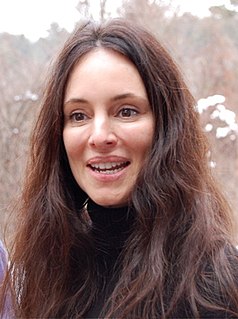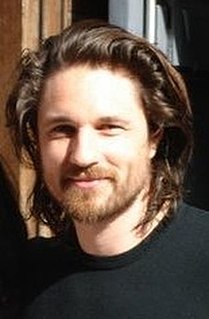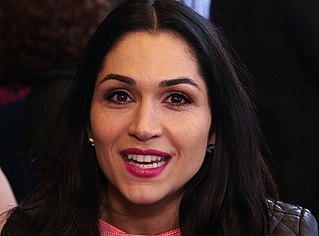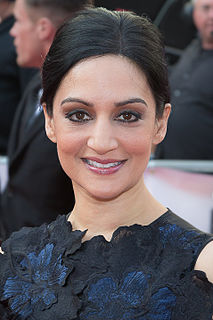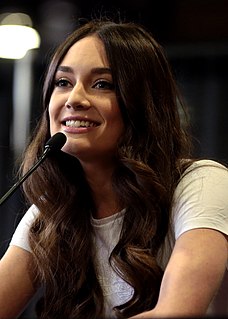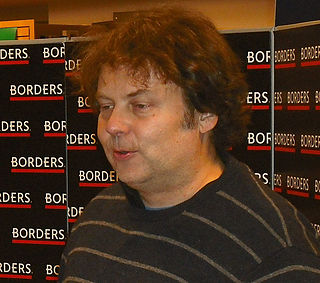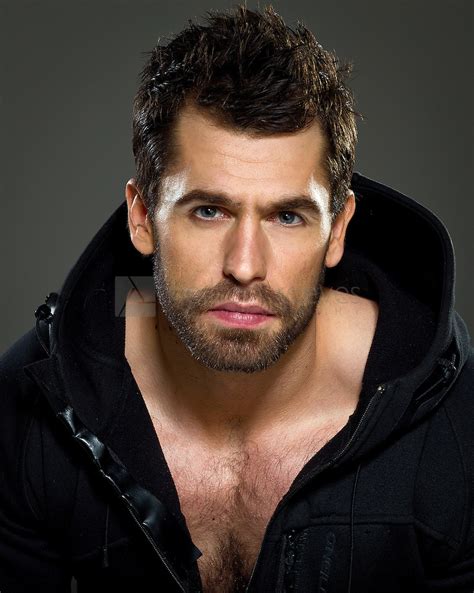A Quote by Madeleine Stowe
Working on the accent helped, enormously. I will tell you that when I brought Michael a correct 'British' accent, one that my dialect coach was happy with, he hated it.
Related Quotes
They said [on a day show], oh, you can't do a Chinese accent. That's - and I said, I'm not doing a Chinese accent. I'm doing my friend's accent. And they said, yeah, you can't do that. And I said, OK, but can I do a Russian accent? And they said, yeah, yeah, of course, you can do that. I said, and a British accent? They said, yeah, go ahead. And I couldn't understand.
I guess the most interesting thing that people think is I'm English. They think that I live in England and have a British accent. When they talk to me, at first they go, "Man, you have a great American accent," and I go, "No, no, no, this is my accent. I don't do accents." And then they're really disappointed, and they try to punch me.
